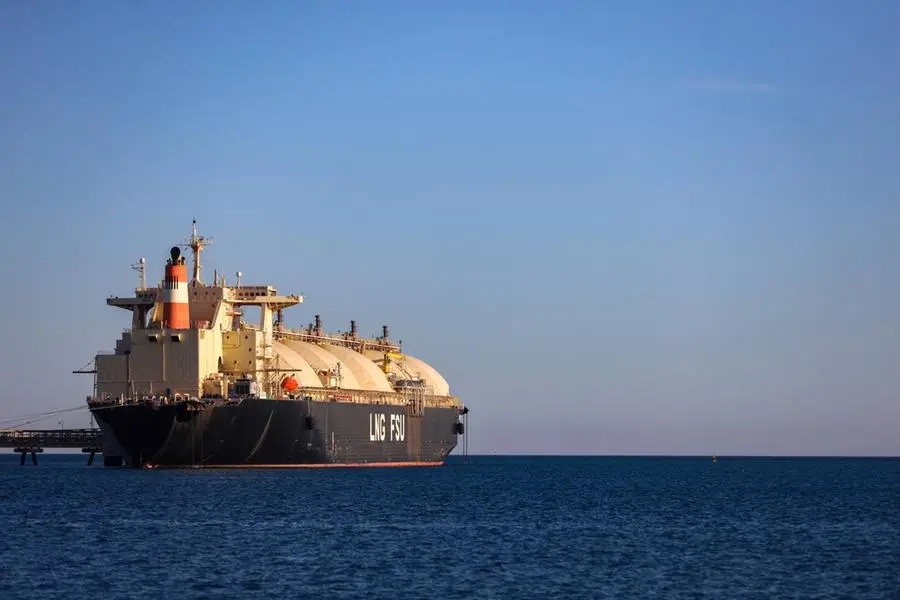PHOTO
Partnerships between the public and private sectors are needed to ensure energy security, particularly in the development of liquified natural gas (LNG), a Cabinet official said.
'The journey toward energy security and sustainability must be a collaborative effort,' Energy Secretary Raphael Lotilla said at a forum organized by Stratbase ADR Institute and Citizen Watch Philippines yesterday.
The Department of Energy (DOE) is crafting a natural gas development plan to offer guidance, a detailed policy framework, legal requirements and incentives for putting up LNG infrastructure projects.
Lotilla said fossil fuels currently account for about 66 percent of the country's total primary energy supply, and the remaining consists of renewable energy sources.
Given the limited domestic production of indigenous fuels such as natural gas and coal, he said that over half of the energy requirements are imported, making the country 'vulnerable to global price fluctuations.'
'We call on the support of our stakeholders and partners in the private sector to assist us in creating a resilient, self-reliant and sustainable energy future for the Philippines,' Lotilla said.
Similarly, Sen. Sherwin Gatchalian said the collaborative efforts of different sectors are 'crucial' in the country's transition to cleaner energy sources.
LNG 'not only promises a cleaner future but also ensures a robust and secure energy framework for the Philippines,' said Gatchalian, who also serves as the vice chairman of the Senate committee on energy.
The senator said they filed the Midstream Natural Gas Industry Development Act, which aims to strengthen current bridge policies to unleash the potential of natural gas as a vital source of energy.
'This proposed measure allows private sector participation across the entire value chain and provides flexibility for the government to adapt to evolving market conditions, among other provisions,' he said.
Meanwhile, CitizenWatch Philippines convenor Kit Belmonte called for the immediate passage of the Philippine Downstream Natural Gas Industry Development Act.
He said the depleting reserves of Malampaya, a gas field in offshore Palawan, underscored the urgency of establishing reliable LNG facilities.
'However, the global supply tightness and the lack of long-term contracts make this a challenging endeavor,' Belmonte claimed.
Currently, the country operates two LNG facilities in Batangas that can support a capacity of up to 8,000 megawatts of natural gas plants.
Lotilla said that as of May 2024, the DOE has issued four permits to construct and three notices to proceed to LNG proponents.
The agency also recently released revised guidelines to support the exploration and development of indigenous natural gas and prioritize its utilization to attain energy security.
Copyright © 2022 PhilSTAR Daily, Inc Provided by SyndiGate Media Inc. (Syndigate.info).





















